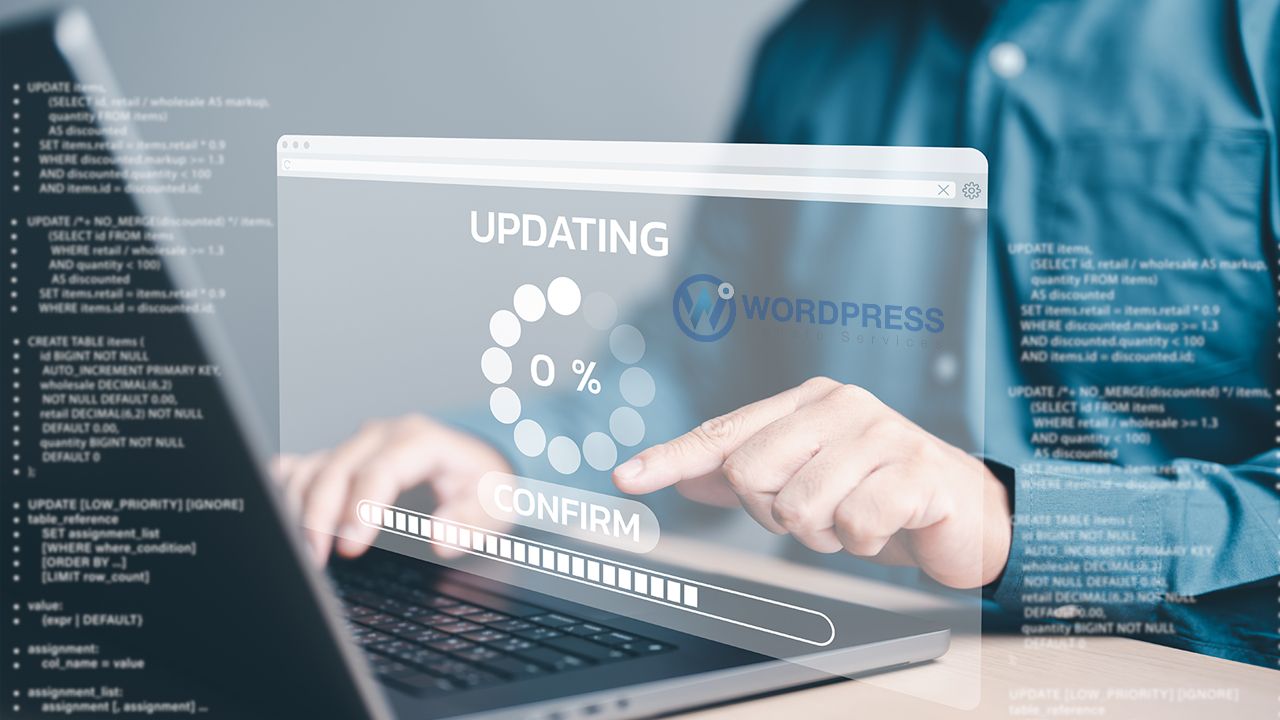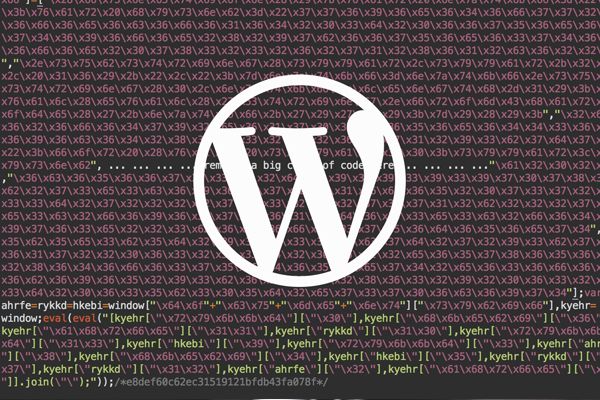The Importance of Monthly WordPress Maintenance
The Importance of Monthly WordPress Maintenance
In the digital age, your website acts as the front door to your business, providing a first impression that can either attract or repel potential clients. For sites built on WordPress, monthly maintenance is not just a recommendation; it’s a necessity for ensuring your site remains functional, secure, and optimized for both users and search engines. This comprehensive blog post delves into the various aspects of WordPress maintenance, outlining its importance and detailing key tasks involved in keeping a WordPress site up to date and secure.
What is Website Maintenance?
At its core, website maintenance encompasses all the tasks required to keep a website updated, secure, and functioning as intended. This ongoing process involves regular checks and updates to ensure the website’s components work well together, from the underlying WordPress core to themes and plugins.
Why is Website Maintenance Important?
Website maintenance is crucial for several reasons. Primarily, it ensures that your site remains compatible with the latest web standards and technologies, thus providing a seamless user experience. Additionally, regular maintenance helps in identifying and fixing security vulnerabilities, which are critical in protecting your site from attacks and data breaches. Without ongoing maintenance, your website could suffer from outdated content, slow loading times, and increased susceptibility to hacking attempts, all of which can negatively impact your brand’s reputation and your bottom line.
Why it’s Important to Create Regular Backups of Your Website
One of the most critical components of WordPress maintenance is creating regular backups. These backups serve as a safety net, allowing you to restore your website to a previous state in case of data loss, hacking, or other unforeseen issues. Regularly backing up your website ensures that you won’t lose valuable content or customer data, which can be costly and time-consuming to recover otherwise.
Should you store your backup on the website or to an external Cloud Server?
Storing backups on your website can be convenient, but it’s not without risks. If your website is compromised, there’s a chance that your backups could be affected as well. Therefore, it’s highly recommended to store your backups on an external Amazon Cloud Server or another cloud storage service. This approach not only secures your backups from website breaches but also ensures that they are accessible even if your website is completely down.
How does maintenance help website Stability & Security?
Regular maintenance is pivotal in ensuring both the stability and security of your website. By keeping WordPress, along with its themes and plugins, updated, you reduce the risk of compatibility issues that can cause your site to malfunction. Furthermore, updates often include security patches that address vulnerabilities, making your site less attractive to hackers.
Can our Strategies Prevent Hackers from Exploiting Weaknesses?
While no strategy can guarantee 100% protection against hackers, implementing a robust maintenance plan significantly reduces the risk of security breaches. Regular updates, combined with security best practices like using strong passwords and installing security plugins such as Wordfence, can create a formidable barrier against most hacking attempts.
Advantages of an Effective Maintenance Strategy
An effective WordPress maintenance strategy offers numerous benefits, including improved website performance, higher search engine rankings, and a better user experience. Regularly optimized sites, through tasks such as database cleaning and image optimization, load faster and rank better in search engine results. Furthermore, a well-maintained website reflects professionalism and commitment to quality, fostering trust with your visitors.
6 Crucial WordPress Maintenance Tasks to Ensure Your Website Operates Seamlessly
WordPress Core Updates
Keeping the WordPress core updated is essential for security, performance, and compatibility. WordPress updates often contain patches for security vulnerabilities, enhancements to the platform, and new features that can improve the overall functionality of your website.
WordPress Plugin Updates
Plugins extend the functionality of your WordPress site, but they can also introduce security risks if not kept up to date. Regularly updating WordPress plugins ensures that you benefit from the latest features and security improvements, reducing the risk of plugin-related vulnerabilities.
WordPress Theme Updates
Like plugins, themes can also be a source of security vulnerabilities if not updated. Regular WordPress theme updates ensure that your site benefits from the latest design improvements and security patches, keeping it both secure and visually appealing.
WordPress Website Backups
Regular WordPress backups are a cornerstone of any maintenance plan. They ensure that you have a recent copy of your website that can be restored in the event of data loss, hacking, or other disasters.
Check Uptime Monitoring and Performance
Uptime monitoring is crucial for detecting any downtime your website may experience, allowing you to address issues promptly. Performance checks, on the other hand, help identify areas of your site that may need optimization to improve loading times and overall user experience.
Website Security and Malware Scans
Regular security scans can detect and remove malware and other malicious code that could harm your website or visitors. Implementing a reliable security solution, like Wordfence, can provide ongoing monitoring and protection against a wide range of security threats.
Pros and Cons of “WordPress Monthly Maintenance”
| Pros | Cons |
|---|---|
| Improved site security and reduced risk of hacks | Can be time-consuming without a proper plan |
| Enhanced website performance and SEO rankings | May incur additional costs for premium services |
| Regular backups ensure data safety | Requires some technical knowledge to manage effectively |
| Up-to-date site with the latest features |
What Features to Look for in WordPress Monthly Maintenance
- Regular WordPress Core, Plugin, and Theme Updates: To ensure compatibility and security.
- Daily Backups with Off-site Storage: For data safety and easy recovery.
- Security Monitoring and Malware Removal: To protect your site from threats.
- Performance Optimization: Including database optimization and image compression for faster loading times.
- Uptime Monitoring: To keep track of your site’s availability.
- SEO Optimization: Tools and strategies to improve your site’s search engine ranking.
FAQ Section
Wordfence Free vs Premium
The free version of Wordfence offers comprehensive security features, including malware scanning and firewall protection. The premium version adds more advanced features, such as real-time threat defense feed, country blocking, and more frequent scans.
Akeeba Admin vs Wordfence
Akeeba Admin is primarily known for its backup solutions like Akeeba Backup, whereas Wordfence focuses on security. Both are essential for maintaining a healthy WordPress site, but they serve different purposes. Akeeba for backups and site recovery, Wordfence for security and protection.
Free vs Premium WordPress Plugins
Free WordPress plugins can add valuable functionality to your site without additional cost. However, premium plugins often offer more features, better support, and regular updates, which can be crucial for maintaining a secure and efficiently running website.
Site Sources
For more detailed information on WordPress update services and best practices, visit:
Conclusion
Monthly WordPress maintenance is essential for ensuring that your site is secure, runs smoothly, and provides a great user experience. By adhering to the maintenance tasks outlined in this post, you can protect your site from security threats, improve its performance, and keep it running seamlessly. Regular maintenance is not just a best practice; it’s a crucial investment in your site’s long-term success.
Key Takeaways
- Regular WordPress maintenance is crucial for security, performance, and user experience.
- Important maintenance tasks include updates, backups, security scans, and performance optimization.
- Choosing the right maintenance plan or service can simplify the process and ensure your site remains in top condition.
By incorporating these practices into your monthly routine, you can ensure your WordPress website remains a robust, secure, and efficient digital presence for your business or personal brand.




